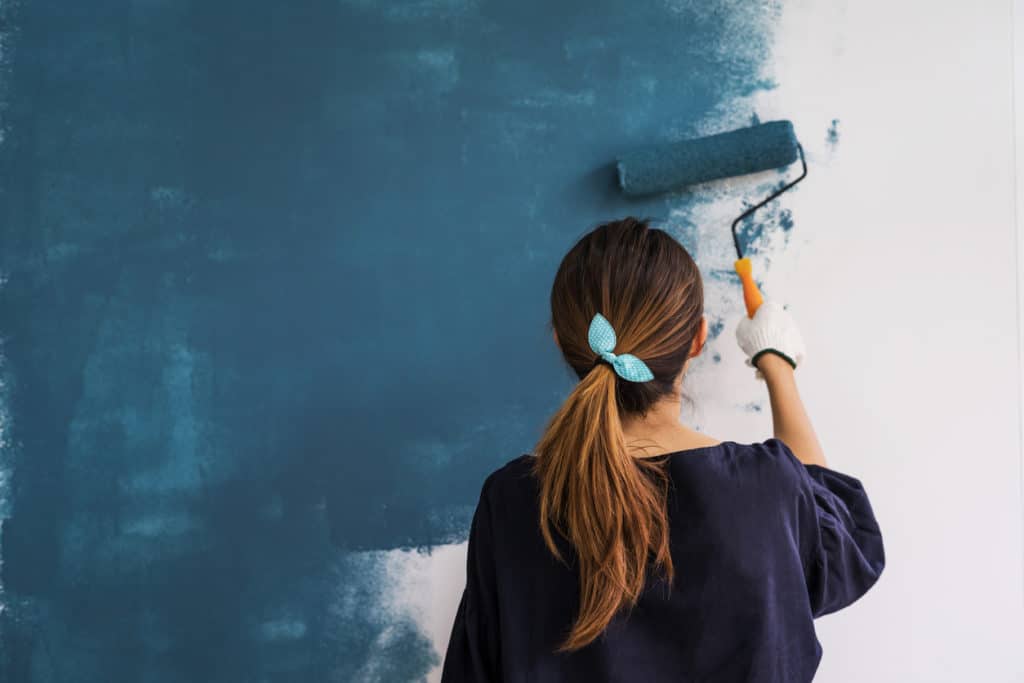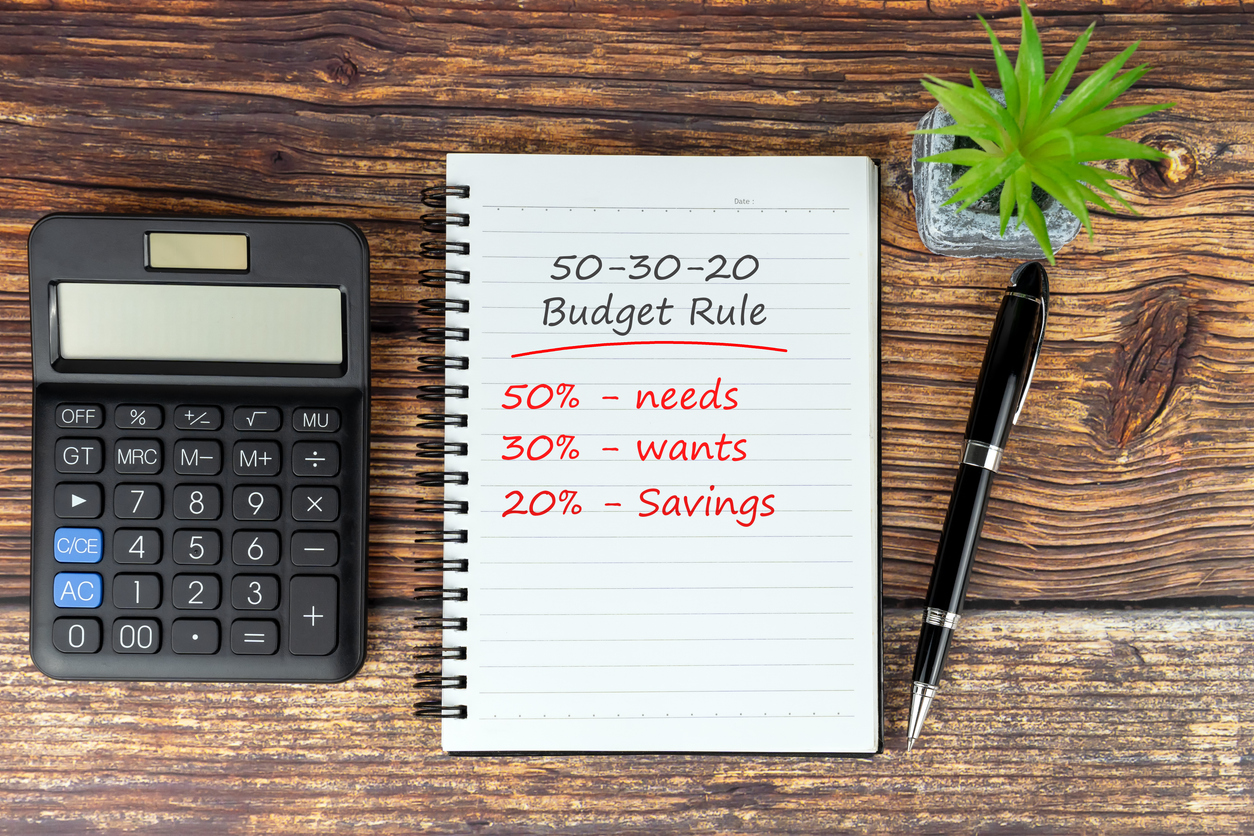Do you know what? It is OK to be alone right now. Being comfortable in your own company can be difficult at times, but especially now during the COVID-19 lockdown when you have no other choice. There are things you can do to make it feel a little easier on yourself. One way is by building a friendship with solitude during the lockdown.
While it can be a huge emotional strain to be social distancing from your friends and family, you are not alone in doing this – and actually, as a solo living alone, you may well be far better equipped to handle the solitude and make the most of it with a greater sense of ease than someone that is not used to being alone.



















